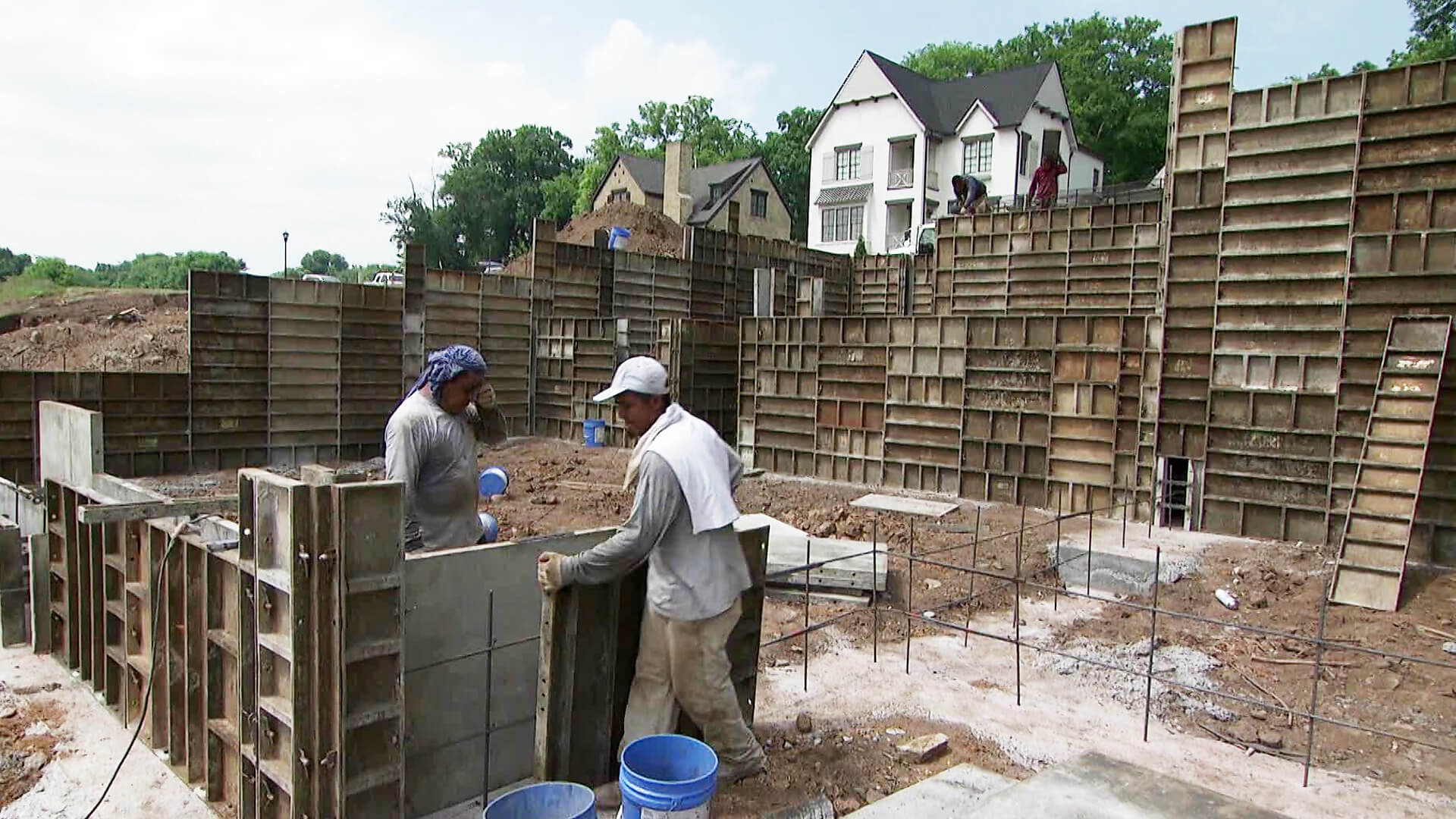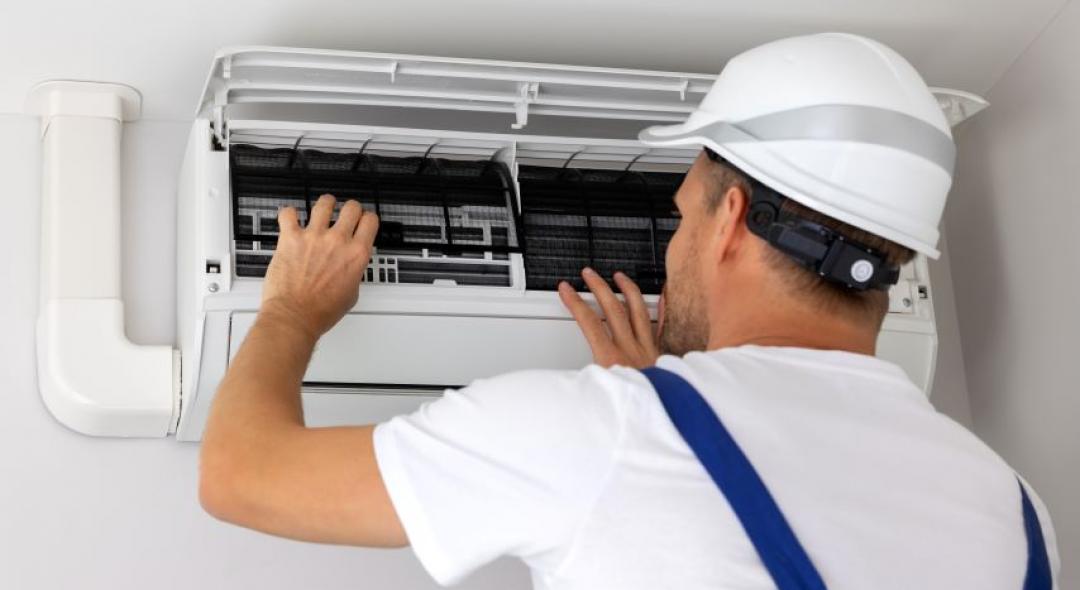Your home’s foundation is more than just storage for stuff, it’s literally and figuratively the foundation of your home. So it’s important to keep your options open. If you are planning to hire a contractor to build your home’s foundation, you need to know the basics about foundations. Also to keep your foundation lasting as long as possible, there are some helpful tips included. To get a better understanding of what that might entail, here’s an article on house foundations 101.
“You can't build a great building on a weak foundation. You must have a solid foundation if you're going to have a strong superstructure.” - Gordon B. Hinckley
Purposes of a Foundation

Again, a foundation isn’t just meant to store old Christmas gifts. Your home foundation is holding your house up, built with the intention of holding up the weight of the structure sitting on top of it. If the construction exceeds the weight limit of the foundation, it could very predictably fail.
So it’s important to keep the foundation in good condition. Moreover, your foundation is keeping ground water out of your home. This is important because moisture can breed mold and mildew, which are health risks in your home. And last but not least, your home foundation is keeping natural gases from the earth out of your home.
The different types of home foundations include:
- Slab Foundations - starting with a concrete slab on a secure location and building on that
- Crawl Spaces - ideal for when the soil is too rocky to build on
- Basement Foundations - making the foundation into a room that can be used as needed
- Walkout Foundations - an improvement on basements when applicable, a walkout foundation is simply another room in your house, which is also the foundation
- Pier Foundations - similar to a crawlspace, the pier foundation is literally built on stilts that support your home’s structure
What Causes Structural Failure?

There are a few factors that decide if a foundation is going to last or not. Mostly these factors occur during the construction of a new home foundation. The work must be done by a professional or you’ll see structural damages later on. Possible issues could include:
- Pour interruptions - concrete needs to be poured in all at the same time. Stopping the pour and then going back later will form a “cold joint” that can be problematic for extended use
- Compacting problems - cement poured over poor conditions is more likely to crack later on. Concrete needs a solid area to be poured over
- Fast cure - concrete needs a lot of time to cure slowly. If it dries to quickly it might cause cracking or other types of damage
- Nonporous backfill - soil that contains clay or organic matter will trap too much moisture for the cement to handle, which can lead to issues down the line
What’s Involved with Foundation Work?

First the site is the most important place to begin, both with the installation and as a topic for your construction crew. You should discuss the best site for your new home foundation with your contractor at length. So be sure to have the lot professionally surveyed. If everything is in order, you can start the digging right away.
Signs of Trouble

But how does a homeowner tell when they’re having issues with a home foundation? When your basement begins to show certain types of cracks. Pay attention to how the crack is formed. Hairline cracks from shrinkage aren’t cause for concern, and can be repaired easily. They’ll appear narrow and vertical. But a crack that is larger at the top than the bottom might indicate that your foundation is having issues. Be sure to call in a pro if you see this.
Waterproofing the Foundation

Another issue that basements can have is moisture damage. This is why there are many techniques aimed at keeping your basement dry and safe. Many people wonder, “what is the strongest foundation for a house?” The answer is usually the one that resists water damage the best over the years. So speak with your contractor about how they intend to keep water out of your foundation.
Now that you understand more about foundations, it's time to hire a pro to get the best foundation for you. Start by calling a professional contractor for a free quote. Or visit homeyou to see more ideas. Be sure to check out our Facebook page for the latest tips and suggestions.
Continue Reading:
